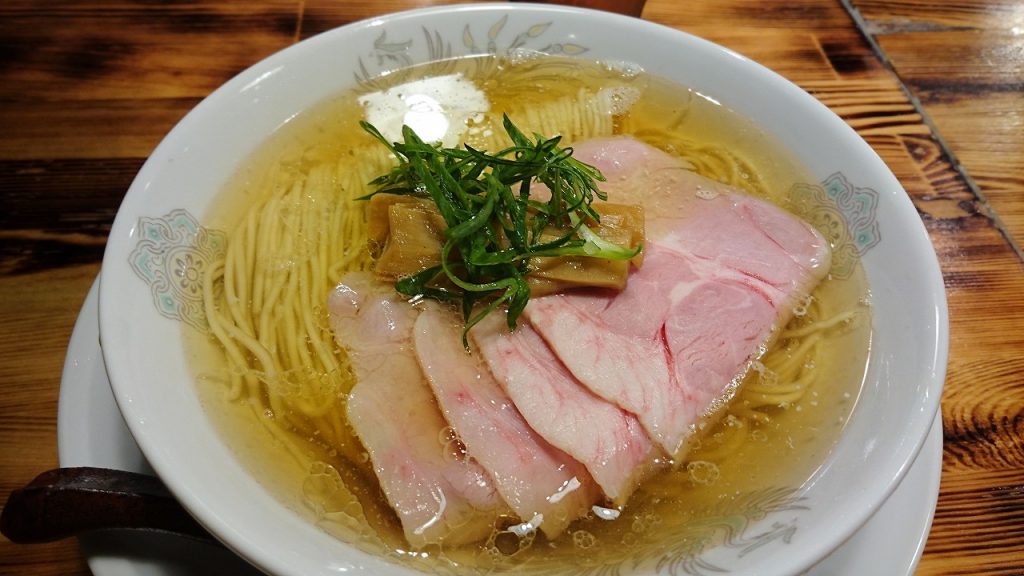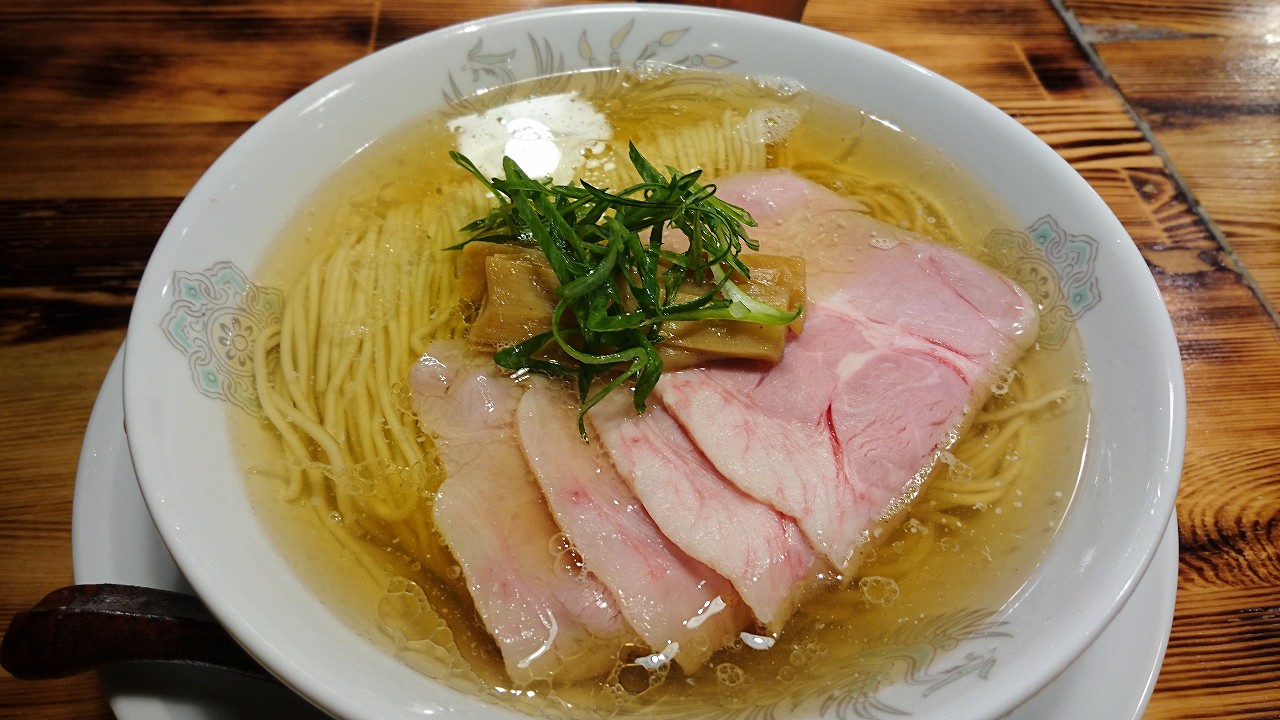Hi, this is Yuyujin.
This morning I watched a TV program about tourists to Japan.
It introduced various tourists.
Each tourists had their own fun and purpose.
A Chinese lady came a Japanese hair salon.
She will have her wedding, so she would like to have her hair cut in her wished hairstyle.
She said she could reserve the hair salon from their own country via internet.
Another tourist is a Pakistani who plans to have a Ramen restaurant in Pakistan.
She loves Japanese Ramen and came to Japan to look for tools for her Ramen restaurant.
She will make a new type Halal Ramen in her country.
Today I will introduce the phrases used in a restaurant.
Let’s get started.

The first phrase is “Irashaimase (いらしゃいませ)”.
You will hear ” Irashaimase(いらしゃいませ)” at first when you go into a restaurant.
Irashaimase
(いらしゃいませ。)
You are welcome.
Nanmei Sama Desu Ka
(なんめいさまですか。)
How many persons?
Hitori Desu
(ひとりです。)
One person.
Hutari Desu
(ふたりです。)
Two persons.
Nani Ni Itashimasuka
(なににいたしますか。)
What would you like to have?
Menyu Wo Misete Kudasai
(メニューをみせてください。)
Can I see the menu?
Eigo No Menyu Arimasuka
(えいごのメニューありますか。)
Do you have an English menu?
Kore Wo Kudasai
(これをください。)
I will have this one.
Ohashi Wo Kudasai
(おはしをください。)
Can I have chopsticks?
Fooku Wo Kudasai
(フォークをください。)
Can I have a fork?
Supun Wo Kudasai
(スプーンをください。)
Can I have a spoon?
Itadakimasu
(いただきます。)
It is difficult to translate “Itadakimasu” in English.
We say it at the beginning of the meal.
It means “I will have the meal.”
Okaikei Wo Onegaishimasu
(おかいけいをおねがいします。)
Check please.
Arigatougozaimashita
(ありがとうございました。)
Thank you.
Gochisousamadeshita
(ごちそうさまでした。)
It is also difficult to translate “Gochisousamadeshita” in English.
We say it when we finished the meal and express our gratitude.
It means “That was a delicious meal.”.
OK, that’s it.
Thank you so much.
Have a good trip!


コメント